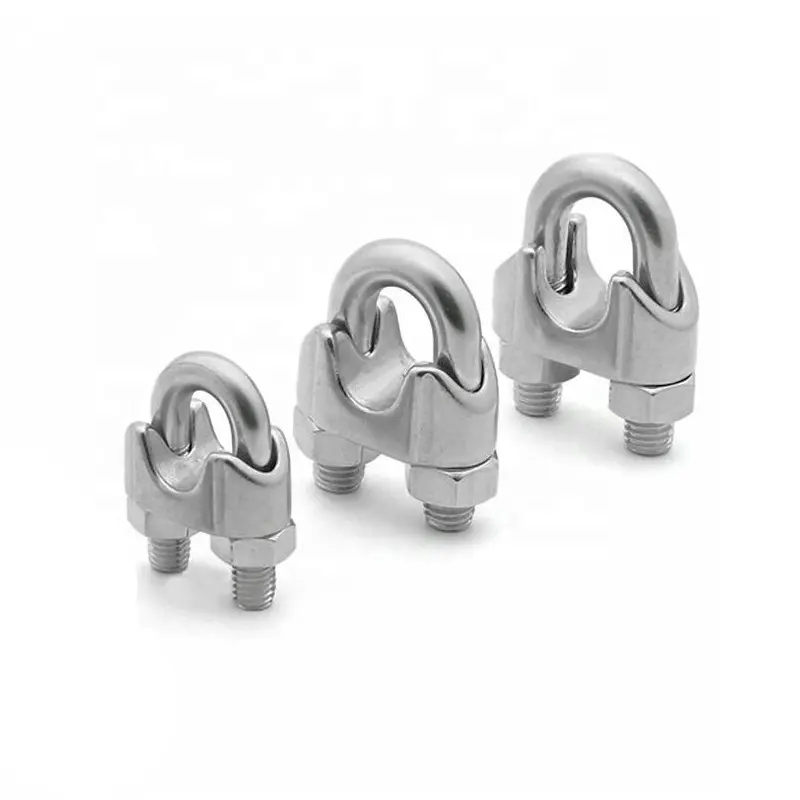News
Aug . 07, 2024 02:50 Back to list
Reliable Suppliers of Steel Turnbuckles for Various Industrial Applications and Projects
Understanding Steel Turnbuckles and Choosing the Right Supplier
In various industries, from construction to marine applications, the importance of reliable fastening solutions cannot be overstated. Among the myriad options available, steel turnbuckles have emerged as essential components due to their strength, durability, and versatility. These devices are primarily utilized to adjust the tension or length of ropes, cables, and rods, making them vital for ensuring safety and efficiency in a wide range of applications.
What are Steel Turnbuckles?
A steel turnbuckle is a mechanical device that consists of two threaded sockets or ends, which are connected by a metal frame. By turning the frame, the distance between the sockets can be adjusted, allowing for precise tensioning of cables or rods. Typically made from high-quality steel, these turnbuckles are designed to withstand significant loads, making them ideal for demanding environments, such as construction sites, marine settings, and even in the aeronautics field.
One of the key advantages of using steel turnbuckles is their ability to provide fine adjustments. This feature is crucial when dealing with applications where tension must be calibrated to ensure structural integrity or safety. In construction, for instance, they are used to achieve the correct tension in guy wires supporting tall structures, thereby enhancing stability.
Choosing the Right Supplier
When it comes to sourcing steel turnbuckles, selecting the right supplier is of utmost importance. A credible supplier can provide high-quality products that meet industry standards and regulations. Here are some key factors to consider when choosing a steel turnbuckle supplier
1. Quality Assurance Always opt for suppliers who emphasize quality control. Look for certifications or compliance with industry standards, such as ISO certifications or similar quality assurance frameworks. This ensures that the turnbuckles you receive are manufactured to the highest standards, minimizing the risk of failure.
steel turnbuckle supplier

2. Variety of Options Different applications demand different types of turnbuckles. A good supplier should offer a wide variety of options, including various sizes, materials, and finishes. This will help you find the product that best fits your specific requirements.
3. Technical Expertise Suppliers should have knowledgeable staff who can assist with selecting the appropriate turnbuckle for your project. They should be able to provide insights on load ratings, materials, and proper installation techniques.
4. Customer Service Efficient customer service can significantly improve your purchasing experience. Suppliers who are responsive and willing to assist with inquiries or issues will likely be more reliable partners in the long run.
5. Delivery and Logistics Consider suppliers with a reliable delivery mechanism, especially if you are working on a tight schedule. A supplier that offers timely delivery can help you avoid project delays caused by missing components.
6. Reputation and Reviews Research the supplier’s reputation in the industry. Look for reviews and testimonials from other customers to gauge their reliability and product quality. Positive feedback from other businesses is often indicative of a trustworthy supplier.
Conclusion
Steel turnbuckles play a critical role in various industrial applications, providing stability and safety in challenging environments. As such, selecting the right supplier is essential to ensure that you receive high-quality products tailored to your needs. By considering factors such as quality assurance, variety, technical expertise, customer service, delivery logistics, and supplier reputation, you can make an informed decision that will contribute to the success of your projects. Whether you are involved in construction, marine operations, or any other sector that requires dependable fastening solutions, choosing a reputable steel turnbuckle supplier is a step toward achieving efficiency and safety in your operations.
